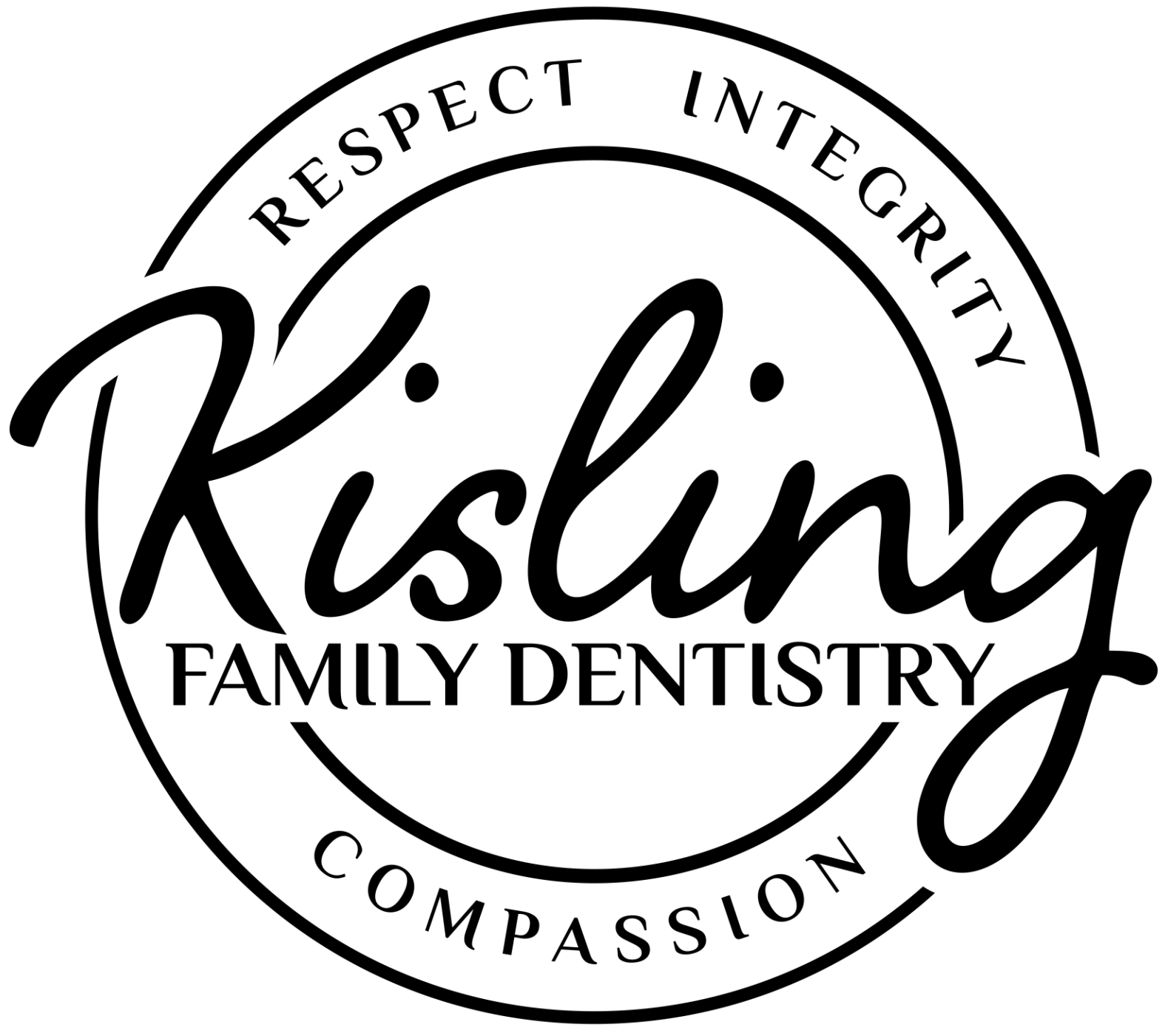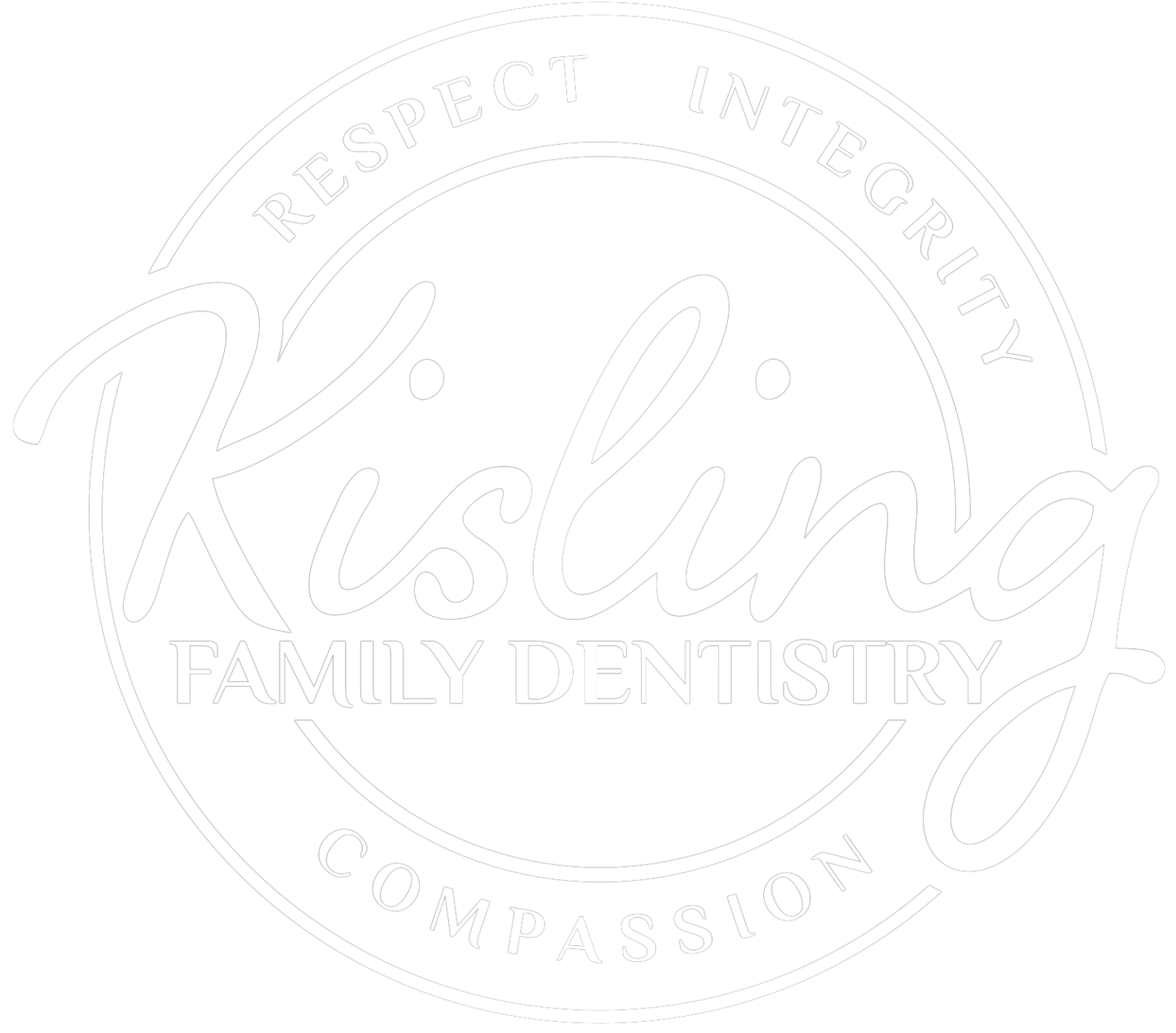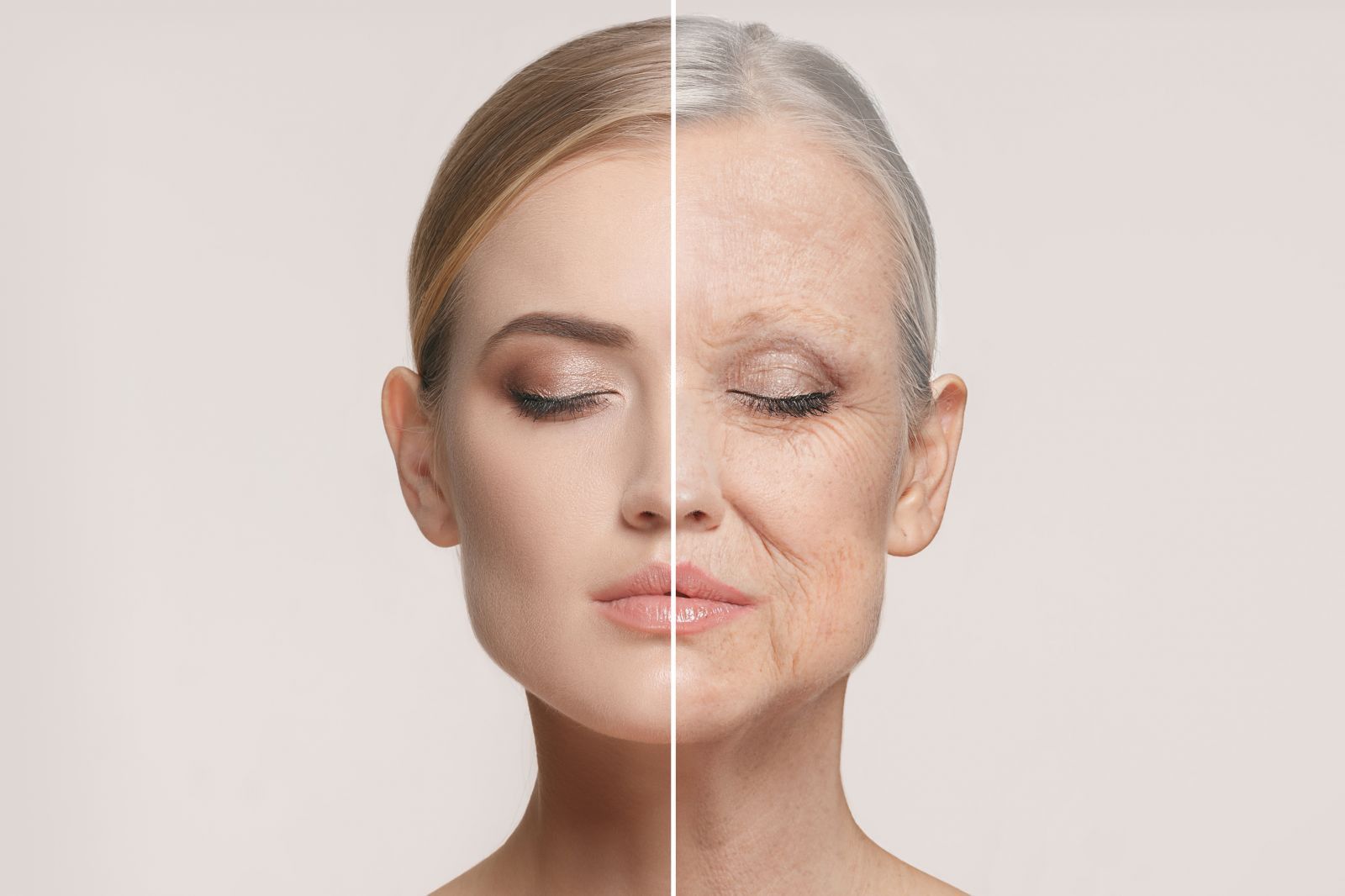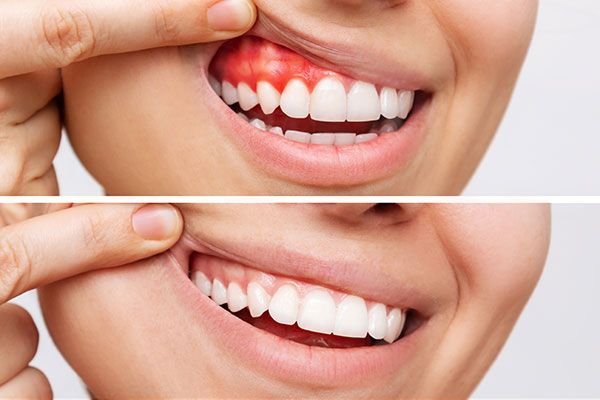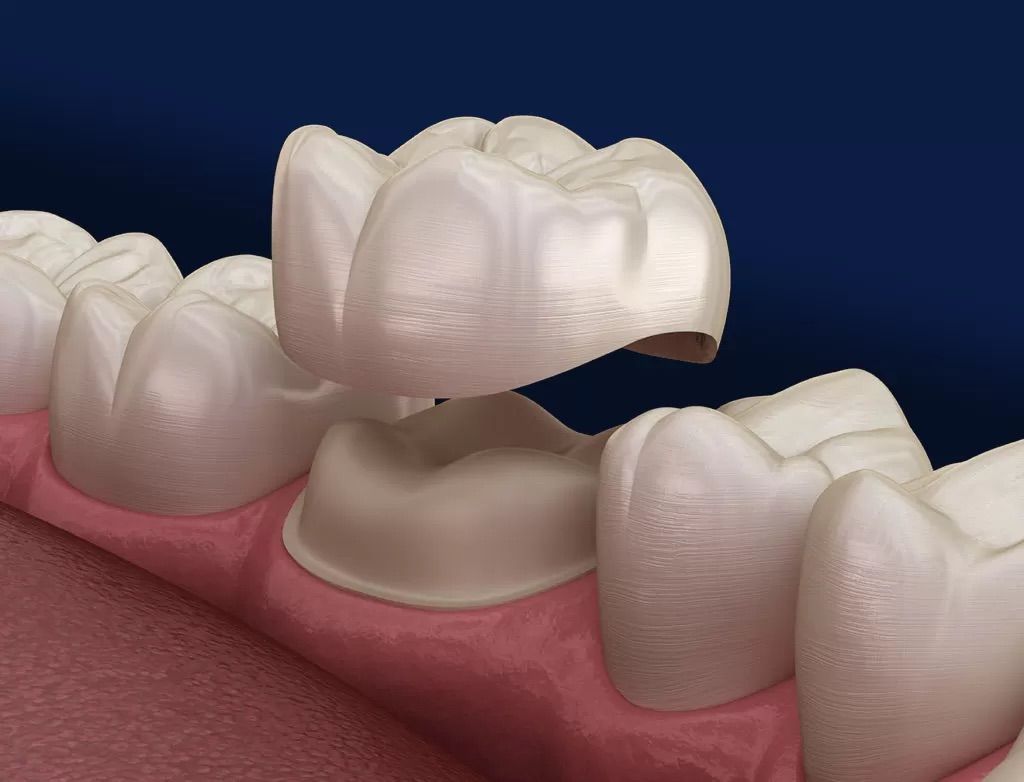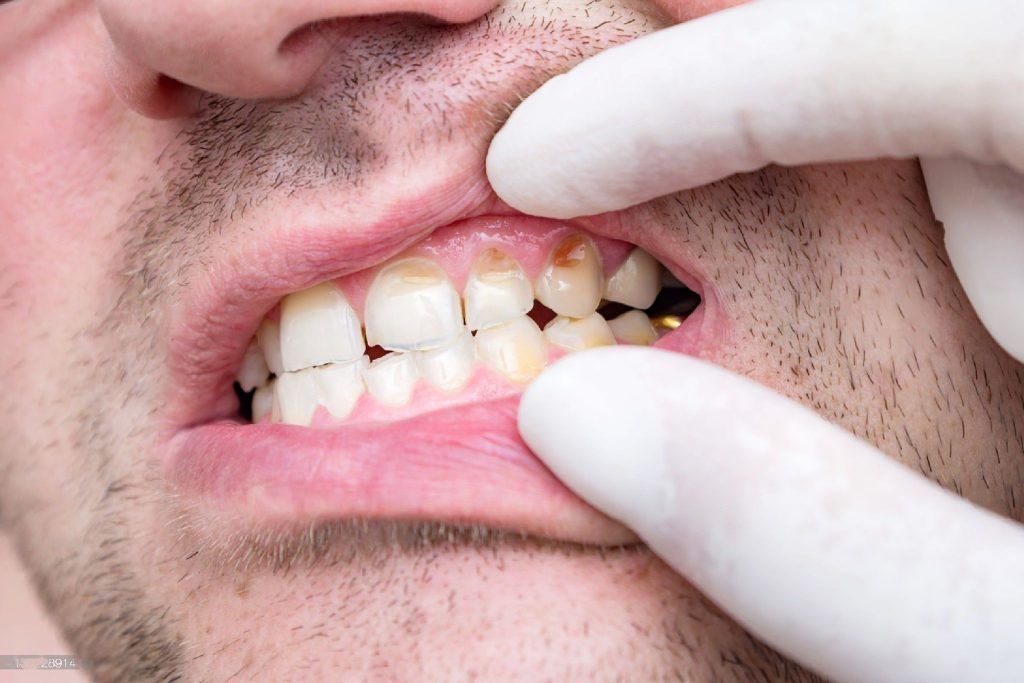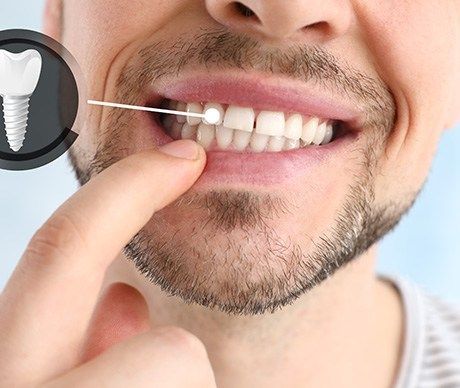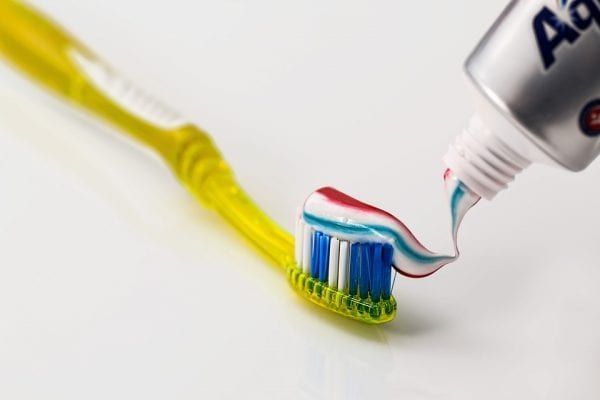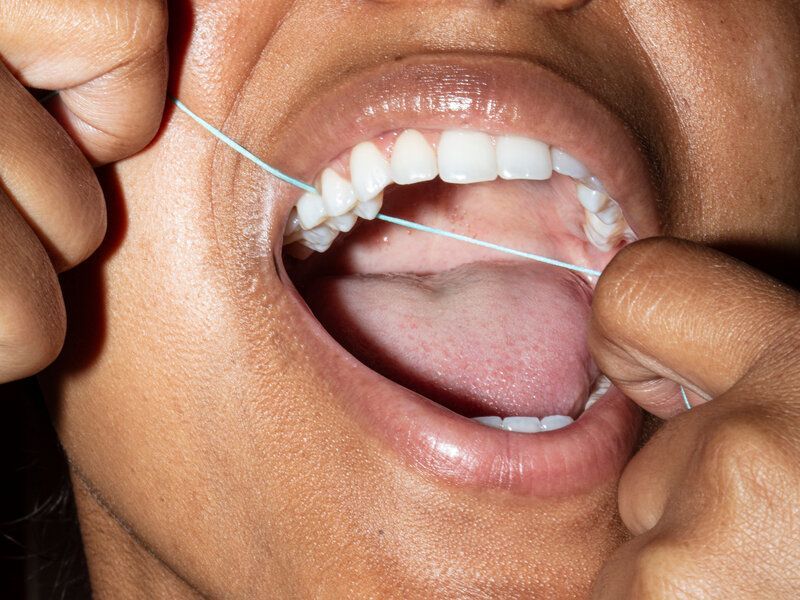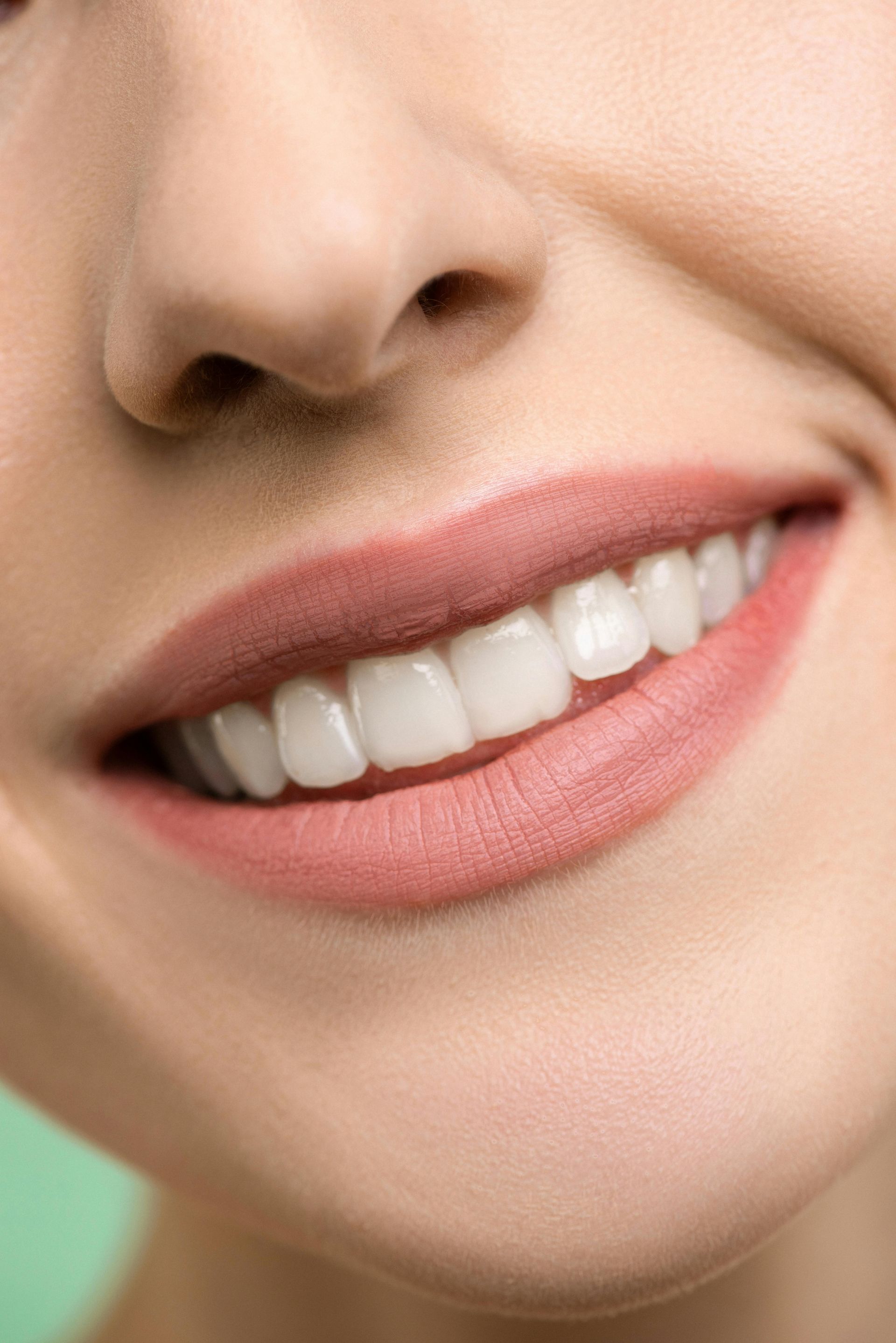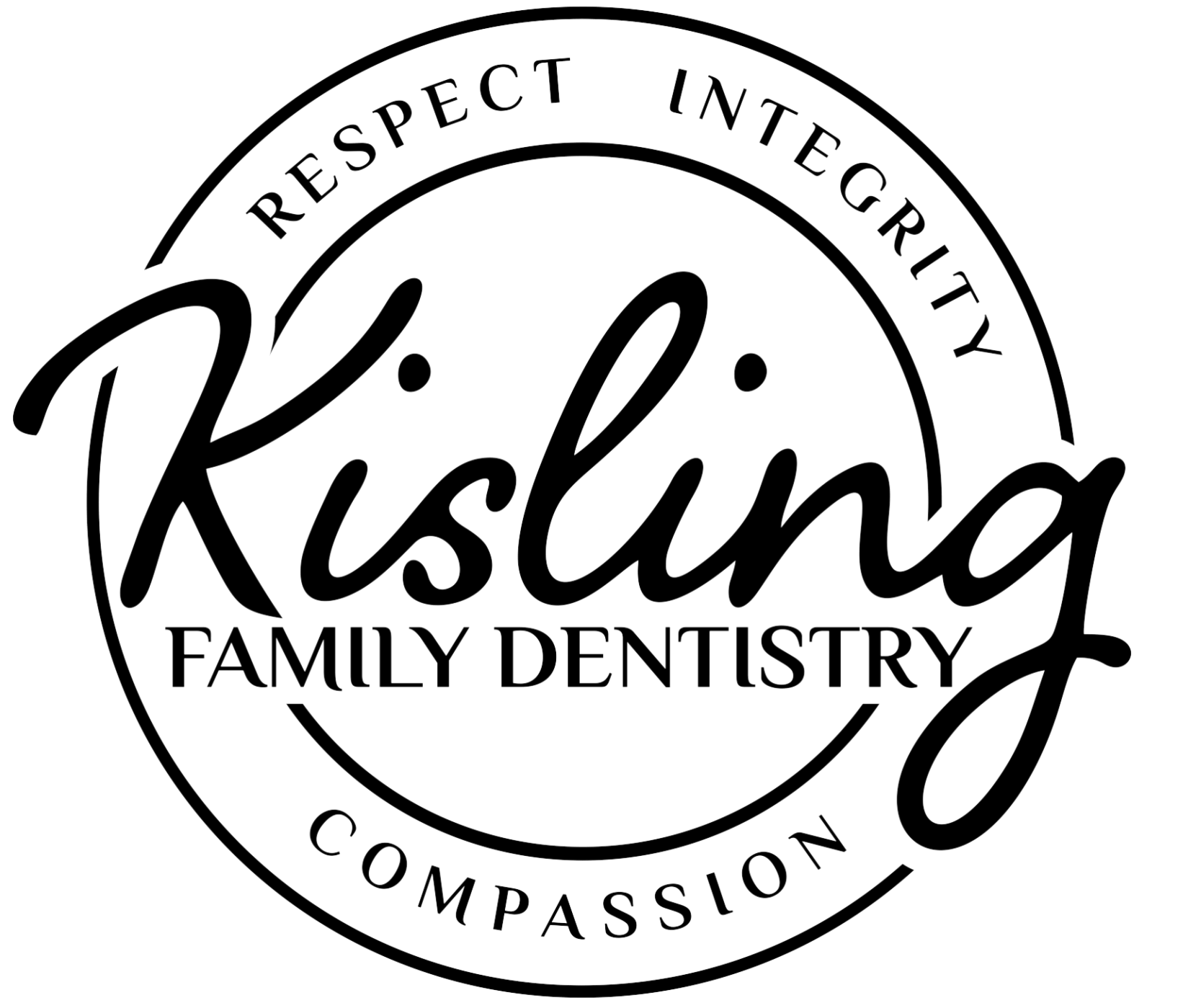What Causes Tooth Sensitivity and How to Treat It
Understand the Causes of Tooth Sensitivity
Best Family Dentistry in Leawood, KS
Tooth sensitivity can turn everyday pleasures into painful experiences. A sudden jolt of discomfort when sipping a hot beverage or biting into an ice-cold dessert may seem like a minor inconvenience, but for many, it becomes a persistent problem that affects quality of life. At Kisling Family Dentistry in Leawood, KS, we believe that understanding the underlying causes of tooth sensitivity is the first step to effective treatment and long-term relief.
Understanding Tooth Sensitivity
Tooth sensitivity—clinically known as dentin hypersensitivity—occurs when the protective enamel that covers your teeth wears down or when your gums recede, exposing the underlying dentin. Dentin contains tiny tubules that lead directly to the nerve of the tooth. When these tubules are exposed to external stimuli such as heat, cold, sweet, or acidic substances, they send signals to the nerve, causing sharp or lingering pain.
While many people experience occasional sensitivity, persistent pain can signal issues like enamel erosion, gum disease, or dental decay. Determining the root cause is essential to developing a treatment plan that not only alleviates discomfort but also prevents further damage.
Common Causes of Tooth Sensitivity
- Enamel Erosion
Over time, factors such as acidic diets, aggressive brushing, and bruxism (teeth grinding) can wear down the enamel. Without sufficient enamel protection, the dentin becomes exposed, resulting in sensitivity. If enamel erosion is suspected, our team will assess your oral hygiene habits and dietary choices to recommend corrective actions. - Gum Recession
Gum recession can occur due to periodontal disease, genetic factors, or even improper brushing techniques. When gums recede, the roots of the teeth become exposed, which are much more sensitive than the crowns. Managing gum health is critical in reducing sensitivity and preventing further dental issues. - Tooth Decay and Damage
Cavities and cracked or chipped teeth can break through the enamel, exposing the nerve. In more advanced cases, decay may lead to infection, which can intensify sensitivity. Early diagnosis and treatment are crucial for preventing complications that could require more invasive procedures. - Post-Dental Procedures
Sometimes, tooth sensitivity may be a temporary side effect of dental treatments such as cleanings, whitening procedures, or restorative work. While this type of sensitivity often subsides within a few days, persistent pain should be evaluated by a dentist. - Other Contributing Factors
In some cases, tooth sensitivity may be linked to more complex issues such as temporomandibular joint (TMJ) disorders. For patients experiencing jaw discomfort alongside sensitive teeth, our office offers advanced treatment options, including TMJ treatment in Leawood, which can relieve stress on the teeth and reduce sensitivity.
How We Diagnose Tooth Sensitivity
At Kisling Family Dentistry, we begin with a comprehensive examination. Our evaluation may include:
- A thorough visual and tactile inspection of your teeth and gums
- Digital X-rays to detect hidden decay or structural issues
- Sensitivity tests to pinpoint areas of discomfort
This careful approach allows us to identify whether your sensitivity is due to enamel loss, gum recession, decay, or a combination of factors. Early diagnosis is key to preventing further damage and ensuring effective treatment.
Treatment Options for Tooth Sensitivity
Once the underlying cause is determined, we tailor a treatment plan to meet your unique needs. Here are some of the treatment options we may recommend:
- Desensitizing Toothpaste
Specialized toothpaste designed for sensitive teeth can block the pathways to the nerves, reducing pain with regular use. We can suggest brands that have proven effective for many of our patients. - Fluoride Treatments
In-office fluoride applications help strengthen enamel and reduce sensitivity. This treatment is especially useful for patients with early enamel erosion. - Dental Bonding and Sealants
For areas where enamel has worn down or gum recession has occurred, dental bonding can cover exposed surfaces. Sealants may also be applied to protect the teeth from further deterioration. - Restorative Procedures
If sensitivity is caused by decay, cracks, or damaged dental work, restorative treatments may be necessary. Options include:
- Dental fillings to restore decayed areas
- Dental crowns that provide both protection and improved appearance
- In cases where decay or damage is severe, a root canal in Leawood may be required to remove infected tissue and preserve the tooth
- Gum Disease Management
If gum recession and periodontal issues are at play, periodontal therapy can help restore gum tissue and prevent further sensitivity. Early intervention is key to managing gum disease and protecting your teeth. - Addressing TMJ Issues
For patients experiencing tooth sensitivity alongside jaw pain, treatment options for TMJ disorders can help relieve pressure on the teeth and reduce discomfort. - Preventive Counseling and Follow-Up Care
We believe in comprehensive care. After treatment, we provide preventive advice and follow-up appointments to ensure the sensitivity does not return. This includes guidance on proper brushing techniques, diet modifications, and regular professional cleanings.
Preventive Measures to Minimize Sensitivity
Beyond treatment, preventing further sensitivity is essential. Here are some tips recommended by our team:
- Gentle Brushing: Use a soft-bristled toothbrush and avoid aggressive brushing.
- Watch Your Diet: Limit consumption of acidic and sugary foods that can erode enamel.
- Routine Checkups: Regular visits to your dentist help catch early signs of enamel erosion or gum recession.
- Night Guards: If you grind your teeth at night, a custom night guard can protect your enamel from further damage.
- Proper Oral Hygiene: Maintaining a strict oral hygiene routine with the right products is crucial.
Get Back to Enjoying Life
Tooth sensitivity can be disruptive, but with the right care, you can find relief and protect your smile. At Kisling Family Dentistry, our dedicated team works to ensure that every patient receives the individualized treatment they need—whether it’s a preventive solution or a more advanced restorative procedure like a root canal in Leawood.
Schedule your consultation today and take the first step toward a more comfortable, healthier smile.
13401 Mission Rd, Leawood, KS 66209
